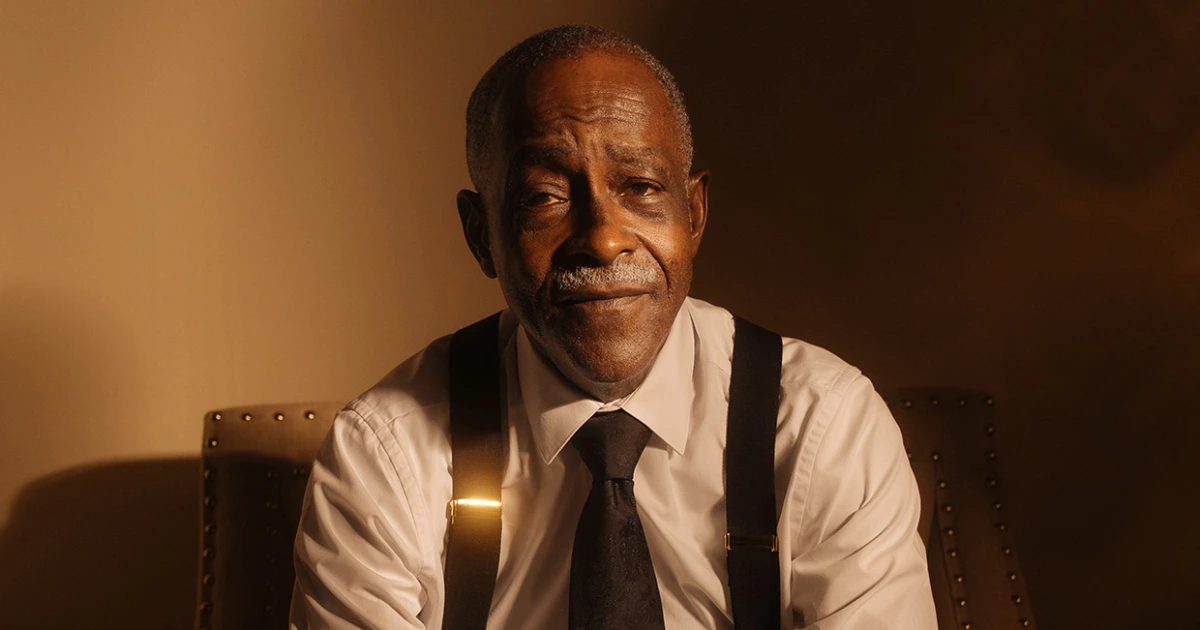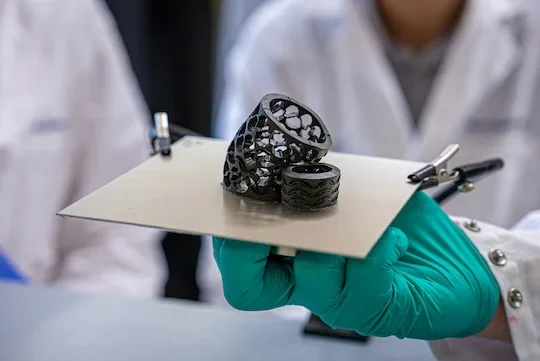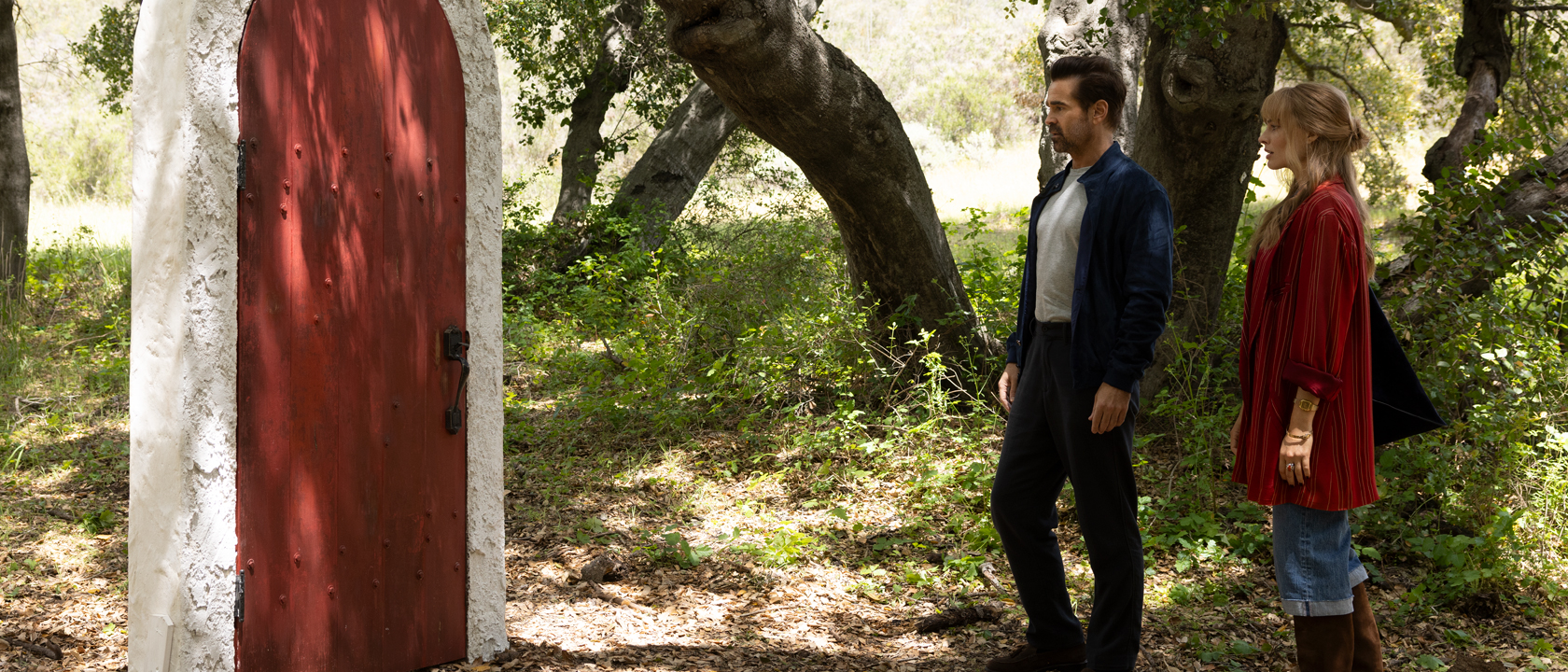
Robert Johnson was a corrections officer whose job it was to prevent inmates from smuggling cellphones, drugs and other contraband into one of South Carolina’s most violent prisons.
But then came the morning of March 5, 2010.
Johnson was inside his home, preparing to head into work at the Lee Correctional Institution, when a hitman kicked in his front door and shot him six times in the chest and stomach.
Miraculously, Johnson survived. He hoped to return to work after multiple surgeries, but it eventually became clear to him that the damage to his body was too extensive.
“My heart was messed up — my liver, my lungs, diaphragm, right leg, left leg,” recalled Johnson, now 72. “I had everything wrong, from the nerve damage and trauma of those bullets.”
An investigation revealed that the hit was organized by an inmate at Johnson’s prison using a contraband cellphone. This was no surprise to Johnson. He knew better than anyone how inmates at his facility were using smuggled cellphones to plot violence and organize drug deals and other crimes.
He also knew that there was a solution: cellphone jamming technology. But standing in the way was a 1934 federal law that prohibits all but the U.S. government from interfering with public airwaves.
Johnson wasn’t having it. He made it his life’s mission to get the law changed, writing scores of letters to politicians, speaking at dozens of law enforcement events across the country and testifying three times before the Federal Communications Commission.
Now, after 15 years, a breakthrough finally seems near. The FCC is scheduled to hold a vote Tuesday on whether there should be a public comment session and subsequent vote to allow for the use of cell jammers in state prisons.
“It may not be a silver bullet. It may not be the right fit for every facility,” FCC Chairman Brendan Carr said earlier this month. “But there are certainly lots and lots of facilities around this country where this type of solution will and can make a significant difference.”
The FCC and Carr did not respond to requests for comment.
The yearslong campaign by Johnson and others — most notably, former South Carolina state prisons director Bryan Stirling — was stymied due in part to resistance from wireless industry groups.
They have argued that the jamming technology could interfere with signals outside the prison walls and also disrupt communications between paramedics and guards in the event of emergencies.
Reached for comment on the upcoming FCC vote, the CTIA, a wireless industry group that opposes jamming, said it believes there are better options available.
“The wireless industry is committed to addressing the serious issue of contraband phones while fulfilling the longstanding Congressional mandate to protect legitimate communications, including vital public safety services, from interference,” the group said in a statement. “We continue to work with the FCC, federal and state policymakers, and law enforcement to advance proven solutions, such as Managed Access Systems, that block contraband devices without interfering with lawful communications.”
Managed access systems, which allow officials to detect and remotely disable smuggled phones, were installed in six South Carolina prisons in 2018 following a riot at Lee Correctional Institution. But Stirling, the former state prisons director, said inmates still managed to use contraband phones. He believes cellphone jammers are a much more effective tool because they instantaneously shut down all cell communication.
“Basically, MAS is like a doorman at a bar, and jammers are like a door that is always locked,” Stirling said, using an acronym for managed access systems.
Ahead of the upcoming FCC vote, Stirling said he feels “like a kid at Christmas.”
“When I first met Capt. Johnson, I promised him that I would work on this and promised him I would do everything in my power to make sure this didn’t happen to someone else,” said Stirling, who took over as the U.S. attorney for the District of South Carolina in April. “And I feel like maybe that promise will be fulfilled.”
At the press conference earlier this month, Carr, the FCC chairman, said the issue centers on a 1934 federal law that “prohibits the jamming of authorized communication.” Carr said he is pushing to ensure contraband cellphone signals are no longer considered “authorized.”
“Once contraband cellphone use is not an authorized communication, then the federal law is no longer a prohibition to jamming it,” Carr said. “And it’s well within the FCC’s authority to give that reading to federal law.”
Some legal experts who focus on the FCC aren’t so sure.
“There are a lot of clever ways to try to get to where they’re going,” said Harold Feld, senior vice president at Public Knowledge, a nonprofit technology policy and advocacy group based in Washington. “I’m not convinced that a reviewing court is going to buy it.”
Feld opposes allowing jamming technology for multiple reasons, including the potential for it to impact people living near the facilities. He also worries that if the FCC allows jammers to be used in prisons, it’s only a matter of time before they are permitted to be used in other settings.
“History shows us that whenever you start bending the FCC rules a little bit, it goes everywhere,” Feld said.
The effort to allow jamming technology in state and local correctional facilities is also supported by several state attorneys general, corrections groups and federal lawmakers like Sen. Tom Cotton, who introduced a bill last year to give states more power to control cellphones in prisons.
About two weeks ago, Johnson received a phone call from Carr informing him of the plans to hold the initial vote. Carr was well aware of Johnson’s story. He was working for the commission as an attorney when Johnson testified in 2017.
“I think that stuck with him,” Johnson said, “because it’s a compelling story.”
The man accused of shooting Johnson, Sean Echols, pleaded guilty in 2014 and was sentenced to 20 years in prison. Federal prosecutors said inmates hatched the plot to kill Johnson to ensure that shipments of drugs and cellphones into the prison wouldn’t be disrupted.
Johnson, for his part, describes a cellphone in the hands of gang members and other prisoners as a “weapon of mass destruction.”
He has undergone more than 30 surgeries over the years. But he is, for the first time, cautiously optimistic that the FCC will authorize the use of jammers, sparing others a similar fate.
“If this is what it took to get this law changed,” Johnson said, “then it was worth it.”



